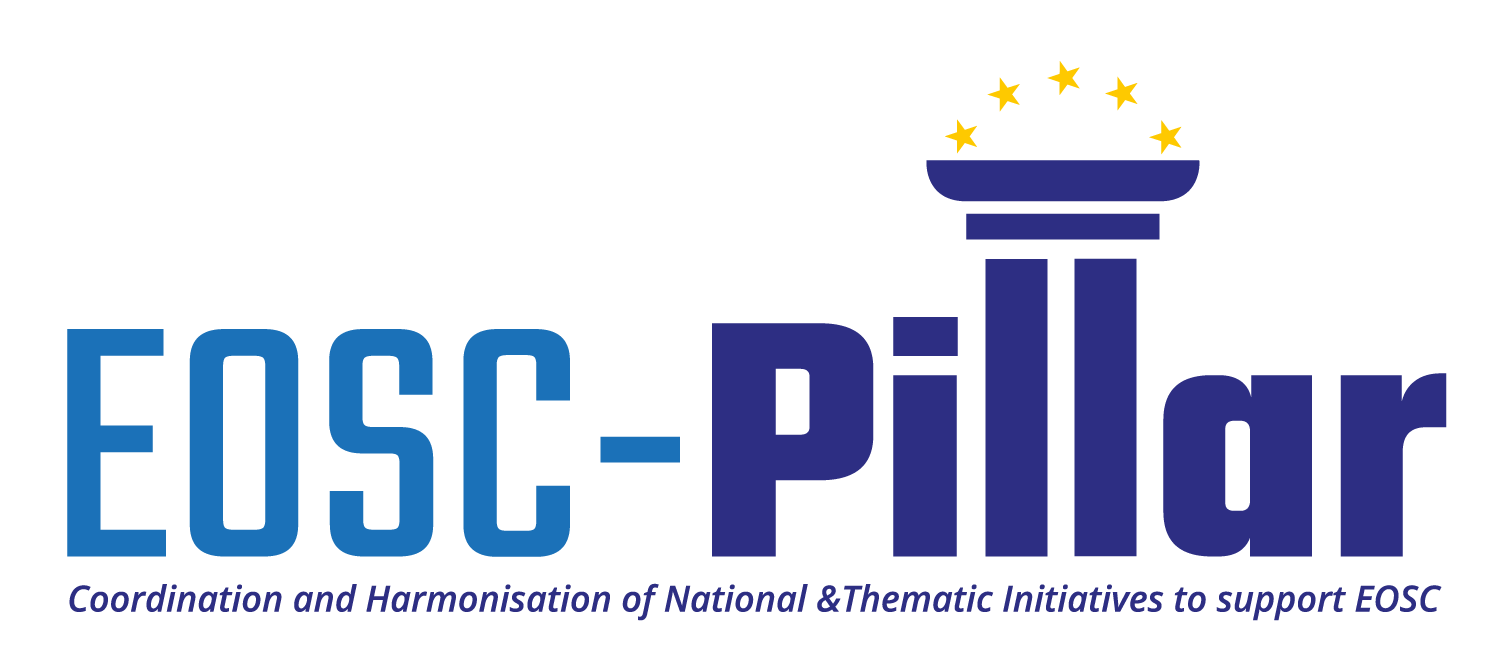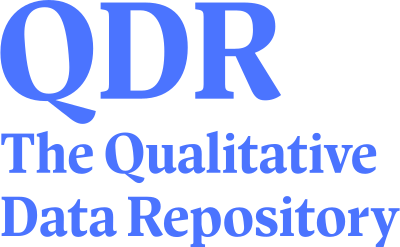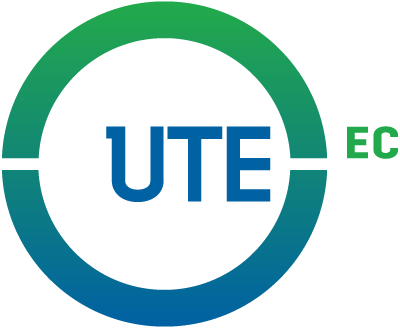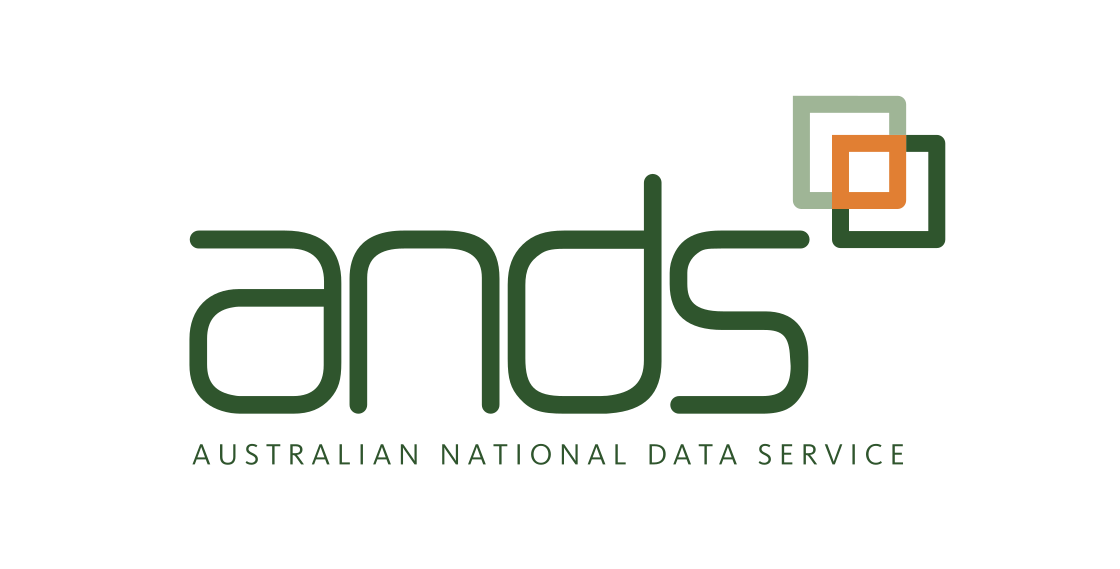
Govern and assess
Developing and maintaining the organisation’s strategies, policies, and processes on FAIR/open research outputs, and associated documents and processes that enable these to be implemented, and relevant laws or regulations to be complied with. Continually reviewing these strategies, policies and processes through stakeholder consultation, communication, and impact monitoring













